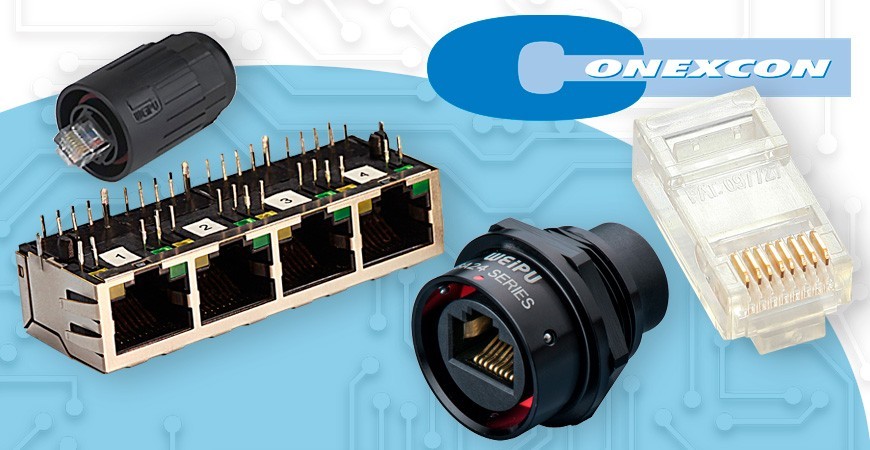
RJ45 connectors: an essential for data networks
RJ45 connectors, also known as Registered Jack 45, are a type of connector primarily used for structured cabling in local area networks (LANs). They are essential in network infrastructure due to their ability to transmit data efficiently and reliably.
The RJ45 connector is used with twisted pair cables, such as Category 5 (Cat5), Category 5e (Cat5e), Category 6 (Cat6), and higher. These cables are designed to support data transmission speeds ranging from 100 Mbps to 10 Gbps, depending on the cable category and installation quality.
The main use of RJ45 connectors is for connecting network devices such as computers, routers, switches, and modems. They allow data transfer over Ethernet networks, which are the most common networks in both home and business environments. Additionally, they are used in telephony and other communication systems.
One of the advantages of the RJ45 connector is its ease of use and standardization, allowing for quick installation and compatibility with a wide range of network equipment. The connector's structure includes eight pins, each of which connects to a specific wire in the twisted pair cable, ensuring efficient data transmission.
In summary, RJ45 connectors are fundamental in the configuration of data and communication networks, providing a standardized and efficient solution for transmitting information in various settings.
 Conexcon, your source in connectors
Conexcon, your source in connectors




